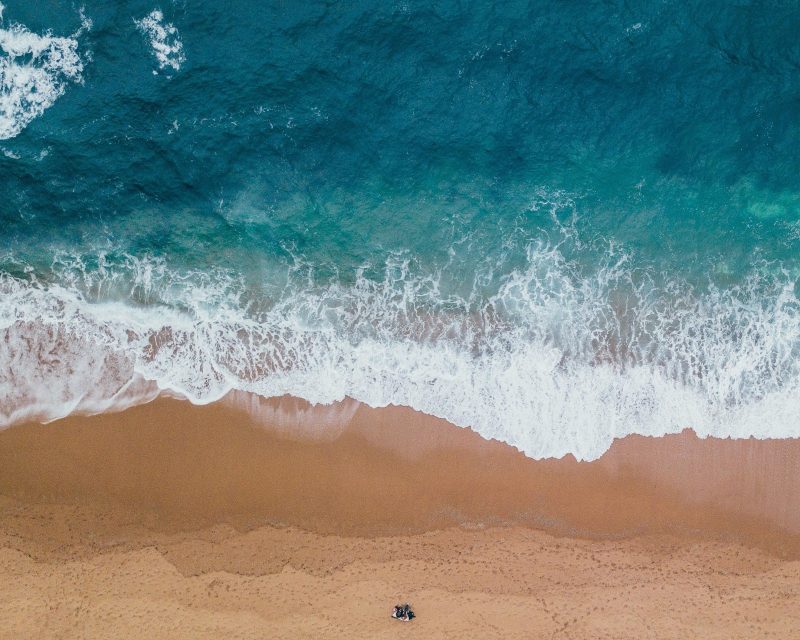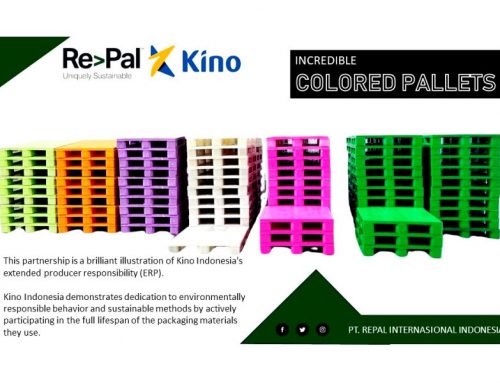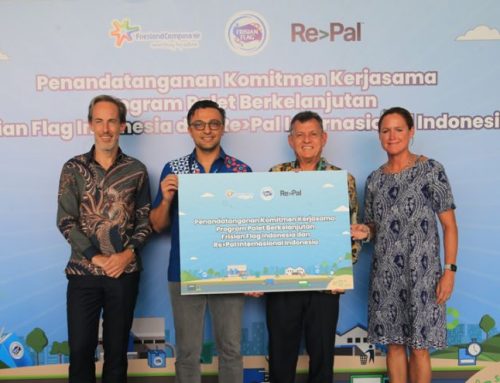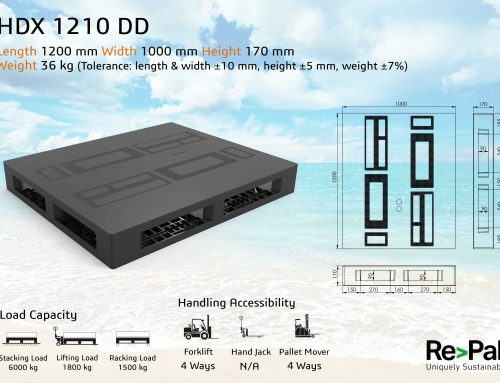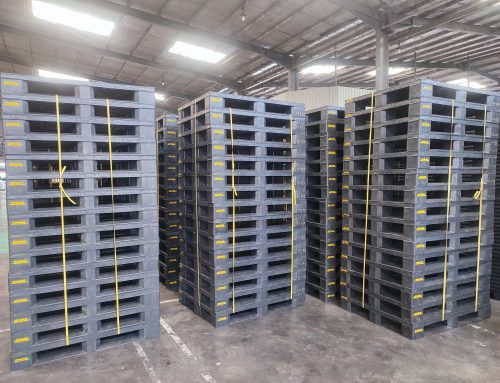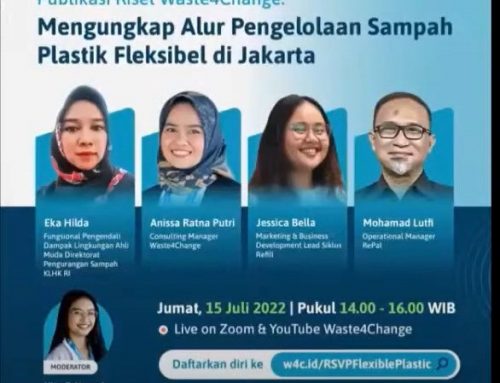In October 22, 2018 Greenpeace published its “Crisis of Convenience” report following its audit of brands found in local communities’ waste.
It’s worth reading even if it is fairly confronting. We all use plastics in our daily lives, and it is a remarkable product as it does ensure that food remains fresh, food waste is limited, and many plastics can by and large be recycled. The challenges as laid out by Greenpeace included moving to more recyclable products and away from the single serve packaging concept to bulk goods. Given Covid-19 and the economic shocks which are still to be felt from the pandemic, I believe that we won’t see a significant shift away from single serve packaging for simple budget and convenience reasons, but I firmly believe that all the large FMCG corporates want to be more transparent and accountable for how they manage their own-brand packaging, which was also a core recommendation in the report. We know that the FMCG’s packaging can unfortunately end up as waste if not disposed of or collected thoughtfully. Extended Producer Responsibility (EPR) across Indonesia’s FMCG sector will encourage or force manufacturers to find solutions to designing-in recyclability and to repurposing and recycling waste into other assets. Re>Pal tests many FMCG companies ‘waste-into-pallets’ and we look forward to doing this on an ongoing basis to encourage more collection and reuse into a pallet asset for these companies.
In this vein of seeing innovation and investment in recycling, it is encouraging to note that in May 2020 beverages producers, PT Coca-Cola Amatil Indonesia signed an agreement with its provider of packaging and plastics Dynapack Asia to construct a PET recycling resin facility in Indonesia. The plant would reduce the usage of new plastic resin by approximately 25,000 tonnes per year by 2022 and will help towards Indonesia’s plan to achieve 70 percent reduction in the nation marine plastic debris by 2025.
I’m pleased to see that further investment into Indonesia’s domestic recycling sector is happening and I wish both CCA Amatil and DynaPack the best of luck in establishing this project and helping Indonesia keep its, and the world’s beaches, free from ocean plastic.

